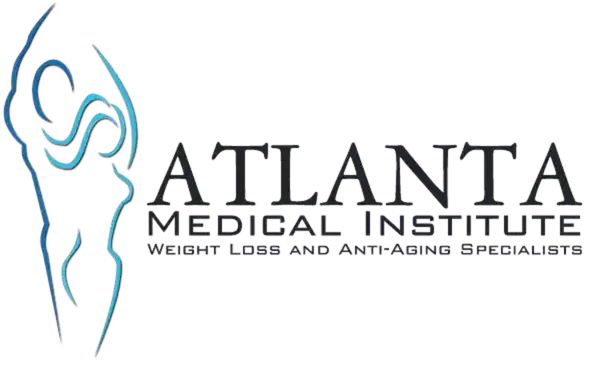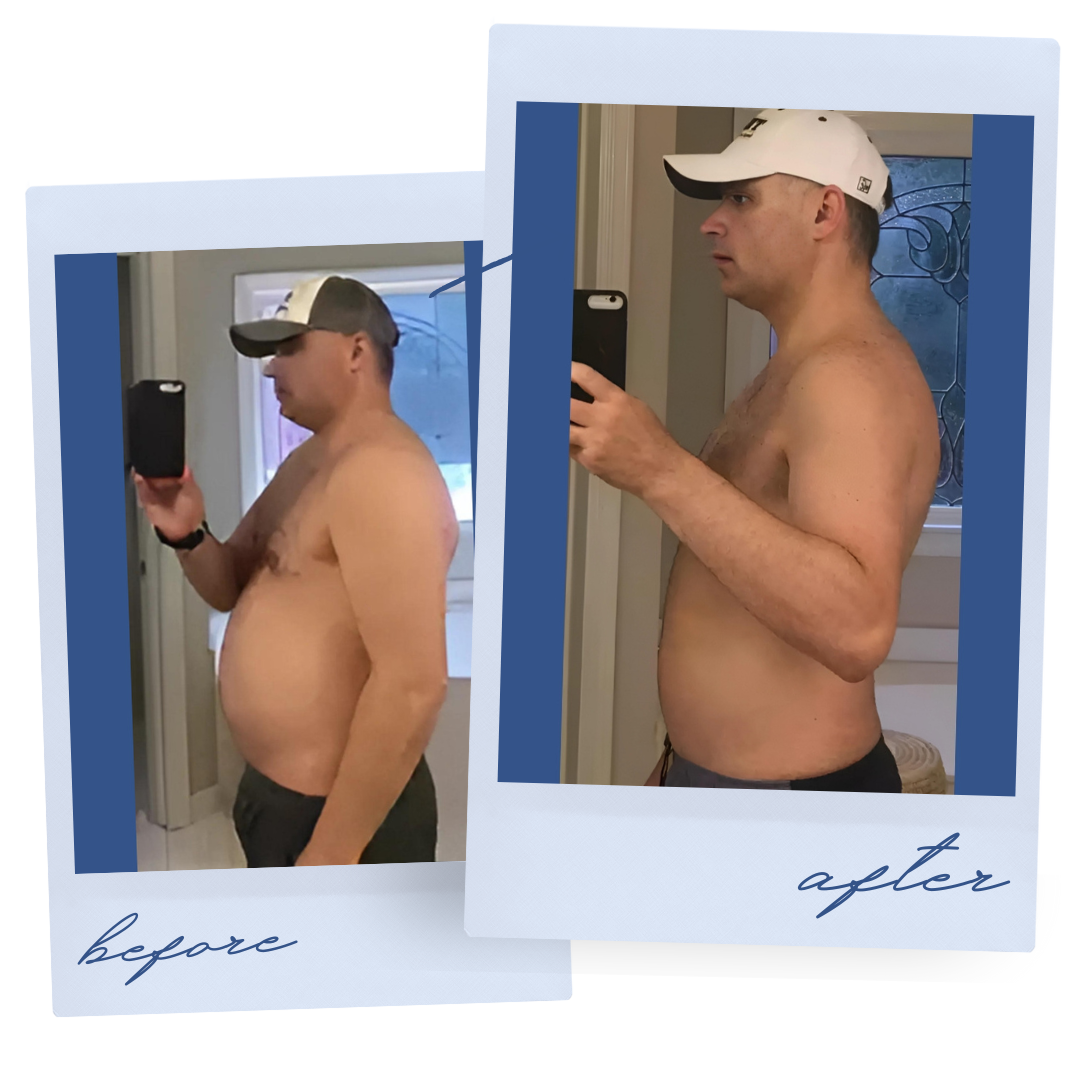Want to boost testosterone naturally? While the right foods can help, it’s important to know that diet alone may not always be enough. For individuals with consistently low testosterone, professional medical intervention may be necessary. This guide covers natural food-based methods and explains when it may be time to consult with Atlanta Medical Institute for specialized care.
Quick Facts
- Fatty fish, leafy greens, and shellfish are top foods that can naturally boost testosterone due to their omega-3 fatty acids, magnesium, and zinc content, respectively.
- Eating nutrient-dense foods like eggs, avocados, and cruciferous vegetables supports hormonal balance and helps maintain healthy testosterone levels through healthy fats and compounds.
- Foods like onions and honey can enhance the production of luteinizing hormone, which triggers testosterone synthesis.
- Lifestyle factors such as exercise, sleep, and stress management are essential for testosterone levels. In more severe cases, medical intervention is required to address hormonal imbalances.
- Atlanta Medical Institute offers customized testosterone therapy for those who need professional help to optimize hormonal health.
Understanding Testosterone
What Is Testosterone and Why Is It Important?
Testosterone is a vital hormone produced primarily in the testicles that play a crucial role in male development, growth, and overall health. It regulates muscle mass, bone density, sex drive, and sperm production. Testosterone also influences mood, energy levels, and cognitive function. Maintaining healthy testosterone levels is essential for well-being, and imbalances can lead to various health issues, including low libido, fatigue, weight management, and mood changes.
For individuals who face chronic low testosterone, at Atlanta Medical Institute, we offer expert diagnostic services to understand your needs and develop personalized testosterone therapy plans.
Symptoms of Low Testosterone
Testosterone deficiency, also known as hypogonadism, can cause a range of symptoms, including:
- Low libido and decreased sex drive
- Fatigue and lethargy
- Weight gain, especially around the midsection
- Decreased muscle mass and strength
- Mood changes, such as depression and anxiety
If you’re experiencing these symptoms, Atlanta Medical Institute offers expert solutions to restore your hormonal balance through personalized care.
Natural Ways to Support Testosterone Levels

Fatty Fish for Hormonal Balance
Fatty fish including salmon and sardines can promote hormonal health due to their high vitamin D, zinc, and omega-3 fatty acid content. However, if dietary changes alone aren’t sufficient to boost testosterone levels, Atlanta Medical Institute offers comprehensive hormone therapies designed specifically to support your needs.
Leafy Greens High in Magnesium
Leafy greens such as spinach and kale are rich in magnesium; this mineral supports hormone production and testosterone levels. Magnesium enhances the production of luteinizing hormone, which in turn helps synthesize testosterone. If natural methods fall short, Atlanta Medical Institute can help through advanced testosterone therapy solutions.
Shellfish: A Zinc Giant
Oysters and clams are rich in zinc, essential for testosterone production. While regular consumption of zinc-rich foods like shellfish can support hormonal health, some individuals may require medical intervention to resolve low testosterone levels. Atlanta Medical Institute offers professional hormonal therapy to provide long-lasting results for those facing persistent deficiencies.
Eggs: Nutrient-Packed Testosterone Boosters
Whole eggs, particularly the yolk, are nutrient-dense and support testosterone production through healthy fats and vitamin D. If dietary changes do not correct testosterone imbalances, Atlanta Medical Institute offers medical-grade hormone treatments tailored to your needs.
Avocados for Healthy Fats and Hormones
Avocados are rich in healthy fats and boron, which help maintain healthy testosterone levels. For chronic testosterone deficiencies, Atlanta Medical Institute can provide more intensive care options, such as customized hormonal therapies.
Cruciferous Vegetables for Hormone Balance
Broccoli and cabbage, rich in indole-3-carbinol, help regulate estrogen levels and support testosterone production. Natural methods may not be enough for those with significant hormonal imbalances. Consult Atlanta Medical Institute to explore personalized treatment options to restore hormonal health.
Fruits and Berries for Antioxidants and Hormonal Support
Fruits and berries are not just delicious; they are packed with antioxidants that play a crucial role in maintaining healthy testosterone levels. Antioxidants help protect testosterone-producing cells from damage, ensuring optimal hormone production. Top picks include:
- Pomegranates: Rich in flavonoids, pomegranates have been shown to increase testosterone levels and improve sperm quality.
- Berries: Blueberries, strawberries, and raspberries, high in antioxidants, may help protect testosterone-producing cells from oxidative stress.
- Citrus Fruits: Oranges, grapefruits, and lemons are high in vitamin C, essential for hormone production.
- Apples: Apples contain quercetin, which has been shown to increase testosterone production.
Incorporating these fruits and berries into your diet can support healthy testosterone levels and overall hormonal health.
Avoiding Testosterone-Killing Foods
Certain foods, such as those high in sugar, unhealthy fats, and refined carbs, can negatively affect testosterone production. Limiting processed meats, fried foods, and sugary drinks promotes better hormonal balance. Atlanta Medical Institute offers targeted hormonal treatments for those who find dietary adjustments insufficient.
Lifestyle Tips to Maintain Testosterone Levels

In addition to dietary changes, lifestyle factors like regular exercise, quality sleep, and stress management are critical to boosting testosterone. If these changes don’t improve your condition, we at Atlanta Medical Institute provide advanced diagnostics and tailored testosterone therapies to help optimize your hormonal health.
Exercise and Testosterone
Exercise, particularly resistance exercises and high-intensity interval training (HIIT), can boost testosterone. However, consistent exercise does not lead to sustainable improvements, consult with Atlanta Medical Institute’s experts to identify the need for hormonal treatments.
Weight Loss for Hormonal Health
Maintaining a healthy weight is essential for hormonal health, including testosterone production. If lifestyle changes are not enough, Atlanta Medical Institute provides comprehensive hormone optimization programs that address weight management and hormonal imbalances.
Sleep and Hormone Production
Quality sleep is essential for testosterone production. If you experience chronic sleep deprivation and low testosterone levels, we offer personalized treatment options to support both sleep and hormonal health.
Stress Management for Hormonal Balance
Chronic stress and elevated cortisol levels can disrupt testosterone production. Effective stress management is critical, but in cases where lifestyle adjustments aren’t enough, Atlanta Medical Institute offers hormone optimization therapies to help restore balance.
Key Foods to Naturally Boost Testosterone Levels
Incorporating testosterone-boosting foods like fatty fish, leafy greens, shellfish, eggs, avocados, cruciferous vegetables, and fruits can support hormonal health. However, for those whose testosterone levels remain low despite these efforts, consulting Atlanta Medical Institute for professional treatment may be the next best step.
We at Atlanta Medical Institute provide comprehensive low testosterone therapy in Atlanta tailored to individual needs. Contact us today to explore how our expert team can help you restore your energy and achieve hormonal balance.
FAQs
How does exercise affect testosterone?
Regular physical activity, especially strength training, can boost testosterone. For chronic low testosterone, consult with Atlanta Medical Institute for a personalized hormonal treatment plan.
Can sleep affect testosterone?
Yes, sleep is crucial for testosterone production. If sleep deprivation is causing low testosterone levels, lifestyle changes may help, but Atlanta Medical Institute’s medical therapy can provide more targeted care.
How long does it take for testosterone therapy to show results?
The results of testosterone therapy can vary depending on the individual. Some patients report improvements in energy, mood, and libido within a few weeks, while others may take longer.




